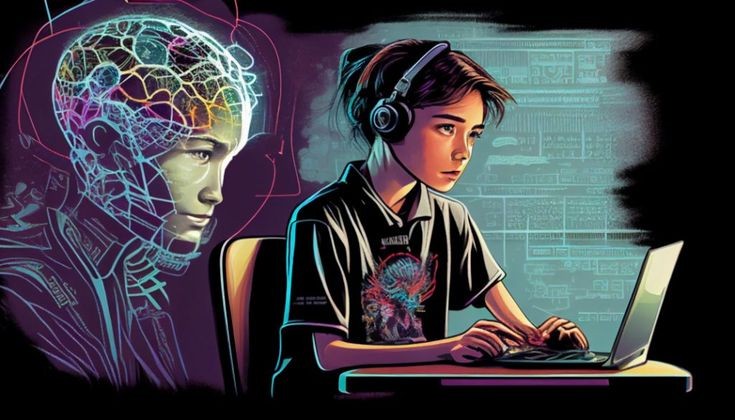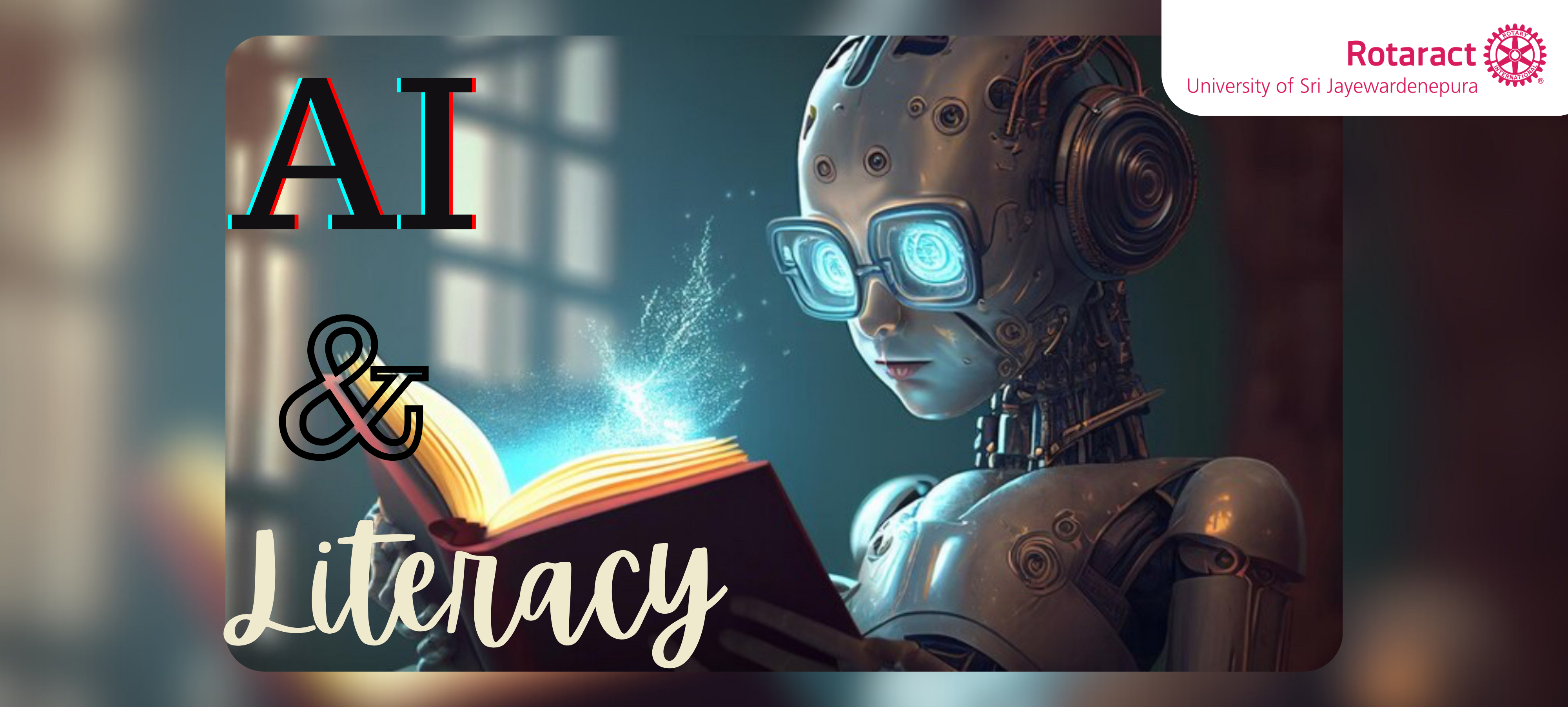AI refers to the ability of machines to simulate human intelligence. Artificial Intelligence (AI) has rapidly become a transformative force across various sectors, shaping the way we interact, communicate, and learn. One fascinating area where AI’s influence is becoming increasingly evident is literacy. From accurate speech recognition to seamless language translation, AI-powered tools have made communicating across borders easier than ever before.
One of the most significant impacts of AI on literacy lies in the realm of reading and writing. AI-powered tools such as grammar and spell checkers have become invaluable companions for individuals seeking to enhance their writing skills. These tools not only catch errors but also provide explanations, aiding users in understanding their mistakes and improving their language proficiency.
Moreover, AI-driven language translation apps have broken down language barriers, enabling individuals to engage with literature from around the world. This newfound accessibility fosters a more diverse reading experience, enriching our understanding of global cultures and perspectives.
AI’s influence extends beyond writing, transforming how we consume written content. The rise of e-books and audiobooks, often enhanced by AI-driven features, has reshaped traditional reading habits. Readers can now access vast libraries of books conveniently through digital platforms. Audiobooks, often narrated by AI-generated voices, offer a new dimension to storytelling, catering to auditory learners and those on the go.
Furthermore, AI’s ability to analyse user preferences enables personalized content recommendations. Readers are presented with selections tailored to their interests, allowing for a curated literary journey.

While AI empowers individuals with tools to enhance their literacy skills, concerns have emerged regarding its potential to hinder traditional reading and writing development. The convenience of AI tools might lead to a decreased emphasis on mastering essential language skills. Striking a balance between leveraging AI assistance and nurturing foundational literacy abilities is crucial to ensure a well-rounded education.
The impact of AI on literacy reverberates through society. Improved language translation fosters cross-cultural communication and cooperation, paving the way for a more interconnected global community. Additionally, individuals with visual or reading impairments benefit from AI’s accessibility features, levelling the playing field and promoting inclusivity.
In economic terms, individuals equipped with enhanced literacy skills, augmented by AI tools, are better positioned to engage effectively in the modern workforce. Clear communication remains a cornerstone of success, and AI literacy aids contribute to a more proficient and skilled workforce.
In a world increasingly driven by technology, AI’s impact on literacy is undeniable. While AI offers unprecedented tools to bolster reading and writing skills, striking a balance between leveraging these tools and fostering traditional literacy abilities is paramount. As we navigate this evolving landscape, we must appreciate the symbiotic relationship between AI and literacy, harnessing the benefits of both to enhance our collective ability to communicate, learn, and grow.
Written by: Rtr. Methmi Ranasinghe
Graphic design by: Rtr. Sathmi Dinanja



0 Comments